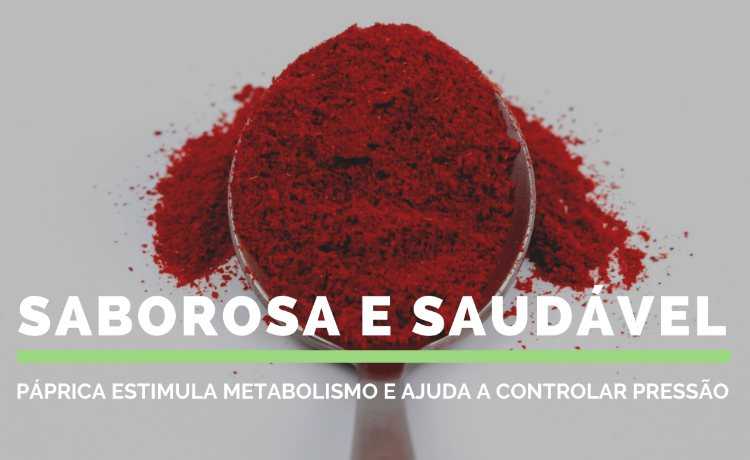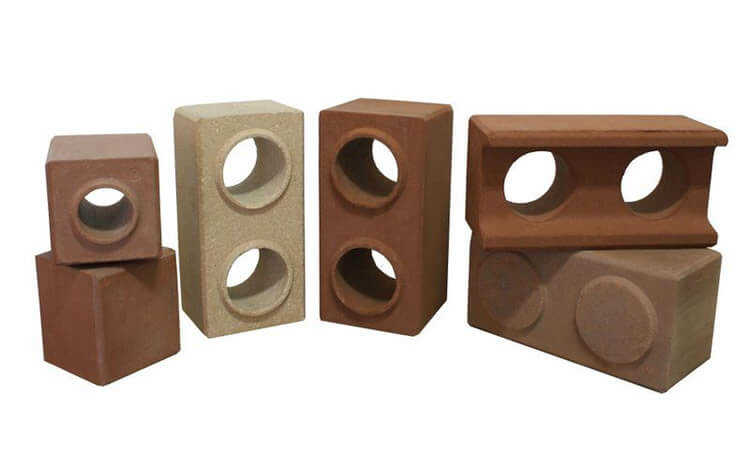Menopause: symptoms, effects and causes
Understand when menopause strikes and why it can also be a beneficial time for women

Meryl Streep playing Miranda Priestly in the movie "The Devil Wears Pradal" (Photo: Publicity)
Menopause is the name given to a period that occurs to any woman who reaches maturity. Menopause starts when menstruation stops coming for 12 consecutive months. At that point, the woman stops producing eggs and her fertile period ends. Menopause usually comes between 40 and 55 years of age, but there are cases where it can even come at 20 or 30 years of age.
When menstruation starts to become irregular it means menopause may be approaching - this period is called perimenopause. Post-menopause means that menopause is over: yes, it ends!
The experience of menopause is unique to every woman. Symptoms are usually more severe when menopause occurs suddenly or over a shorter period of time. In other cases, it can even be beneficial to women's well-being.
Causes
The cause of menopause is nothing more than the natural flow of life. The ovaries gradually reduce their hormone production. However, there are some conditions that affect ovarian health, such as cancer or certain lifestyle choices, such as smoking, which tend to increase the severity and duration of menopausal symptoms. In some cases, menopause can be induced by injury or surgical removal of the ovaries and related pelvic structures, as well as by pelvic radiation.
However, it can be a very good time in life and be accompanied by good emotions!
The good side
It is true that, in many cases, menopause becomes an emotional milestone and can bring a lot of discomfort, but it can also carry positive aspects. Some experts say that with lower levels of menopausal estrogens, women can have more clarity of thought, self-control, and determination.
A survey conducted by the University of Copenhagen showed that half of menopausal women find this stage of life beneficial. The reasons given by them were well-being, relief for not having to deal with menstruation anymore, and greater possibilities for personal growth and freedom to concentrate on their own lives.
Sometimes, symptoms of depression that come with age can be the result of a society that worships youth, so that going into menopause, that is, getting old, is seen as synonymous with becoming useless. But women who have overcome the narcissistic self-image issue are able to perceive positive aspects, such as being able to make sexual activity something even more liberating and pleasurable, given their emotional maturity and the baggage of experiences.
menopause symptoms
Despite being a natural phase in every woman's life and not characterized as a disease, menopause can cause uncomfortable symptoms. Among them, the most common are hot flashes, mood swings and weight gain. Other symptoms of menopause include:
- Insomnia
- vaginal dryness
- Weight gain
- Depression
- Anxiety
- difficulty concentrating
- memory problems
- reduced libido
- Dry skin, mouth and eyes
- breast pain
- Headaches
- Urinary Tract Infections
- reduced muscle mass
- Painful or stiff joints
- hair loss
- Pain during sexual intercourse
- slow metabolism
- Osteoporosis (weaker bones with reduced mass and strength)
- Cataract
- Gum inflammation
- Increased need to urinate
- Heart or blood vessel disease
It's worth talking to your doctor if you have troublesome or disabling menopausal symptoms.
Diagnosis
There is no single way to diagnose menopause. The doctor or doctor may order a blood test that measures the level of certain hormones, such as estrogen. Saliva tests and urine tests are also a way of diagnosing menopause. However, they are expensive and not very reliable.
conventional treatment
For most women, menopause treatment is not necessary. Vitamin supplements are sometimes indicated. When menopause symptoms are severe or affect quality of life, hormone therapy and other remedies are usually indicated for symptoms such as hair loss, vaginal dryness, anxiety, and depression.
natural treatment
On the other hand, although hormone therapy is effective in relieving some discomforts, a study by Women's Health Initiative 2002 showed that this type of treatment for menopause also increases the risk of breast cancer, heart disease, stroke and ovarian cancer. The good news is that there are natural menopause remedies that help you get through this transitional phase. To better understand this topic, take a look at the articles: "Medication for Menopause: Seven Natural Options", "Teas for Menopause: Alternatives for Relieving Symptoms" and "Essential Oils: Alternatives in Natural Treatment for Menopause".
A healthy lifestyle, combined with a good night's sleep, yoga practice, physical exercise, meditation, non-exposure to stressful environments and smoking are conditions that contribute to a more favorable transition.










